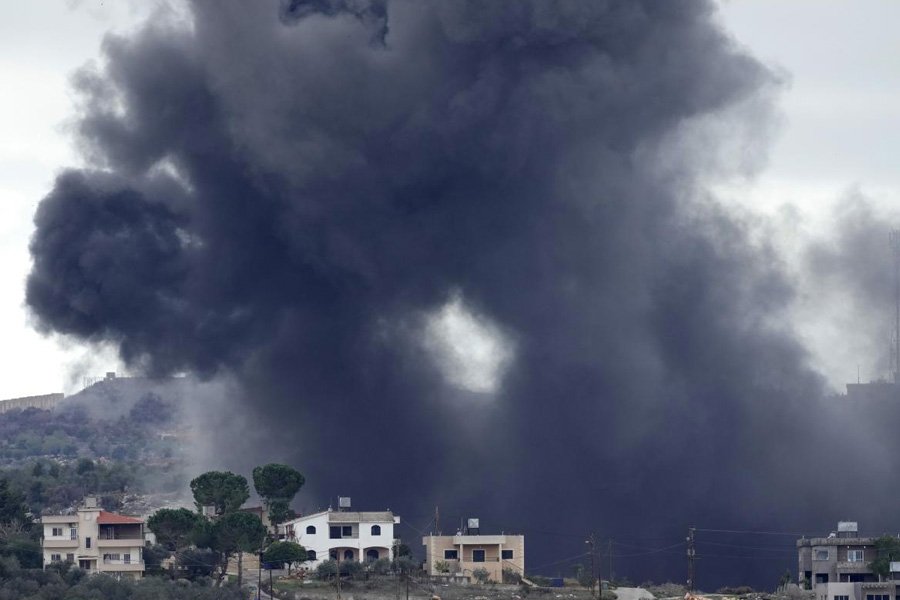Israel’s deadly strikes and evacuation warnings in Lebanon on Monday showed its determination to break the resolve of Hezbollah and force the militia, which controls scores of villages across southern Lebanon, to stop its cross-border attacks on Israel.
The moves also reflected how far Israel is from achieving that goal — and how close both sides are to an all-out war.
Israeli officials had hoped that by scaling up their attacks over the past week — striking Hezbollah’s communications tools, and killing several key commanders as well as Lebanese civilians — they would unnerve the group and convince it to withdraw from the Israel-Lebanon border. They believed that if they increased the cost of Hezbollah’s campaign, it would be easier for foreign diplomats, like Amos Hochstein, a senior US envoy, to convince the group to stand down.
For now, the opposite has happened. Despite days of escalatory attacks from Israel, Hezbollah has pledged not to buckle under the pressure.
The group’s leaders have said they will continue their attacks until a ceasefire is agreed to in Gaza between Israel and Hamas, the militia’s ally. And on Sunday morning, Hezbollah fired dozens of missiles at targets roughly thirty miles inside Israel, their deepest strikes since the start of the war in October — which one of its top officials warned was “just the beginning”.
Hassan Nasrallah, Hezbollah’s leader, has even dared Israel to invade southern Lebanon, a move that could just as plausibly lead to a protracted stalemate as an Israeli victory.
An invasion did not appear to be imminent on Monday, even as Israel intensified its strikes and warned civilians to evacuate villages where it said Hezbollah was storing weapons. Israel’s chief military spokesman, Rear Adm. Daniel Hagari, said the current focus was on an aerial campaign, not a ground operation.
But if Israel runs short of other forms of military pressure, an invasion would be one of the few military options left to the country’s leadership.
New York Times News Service










